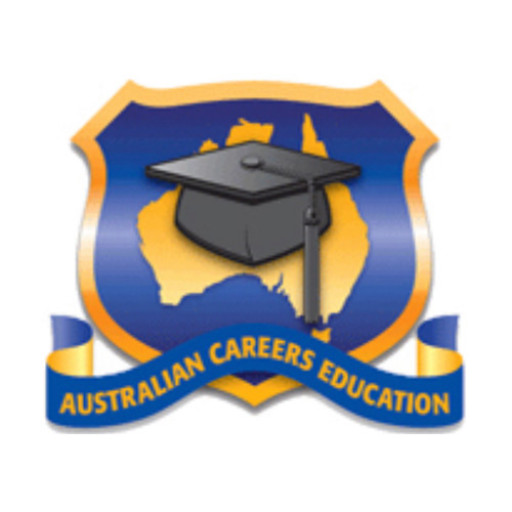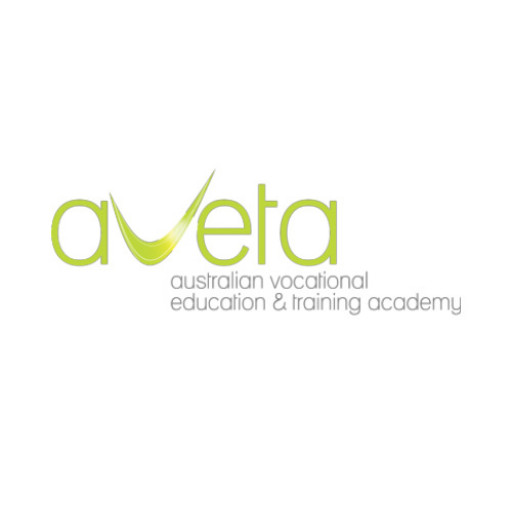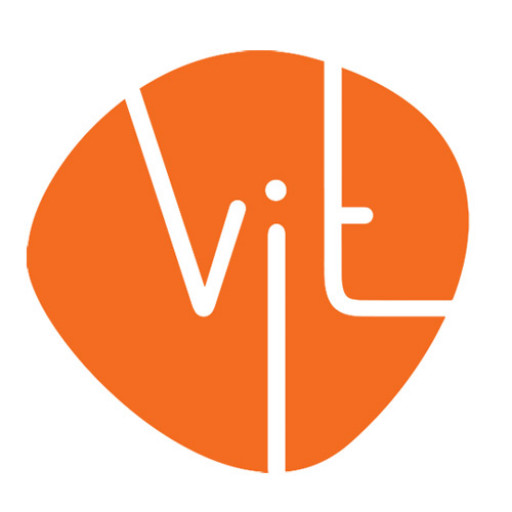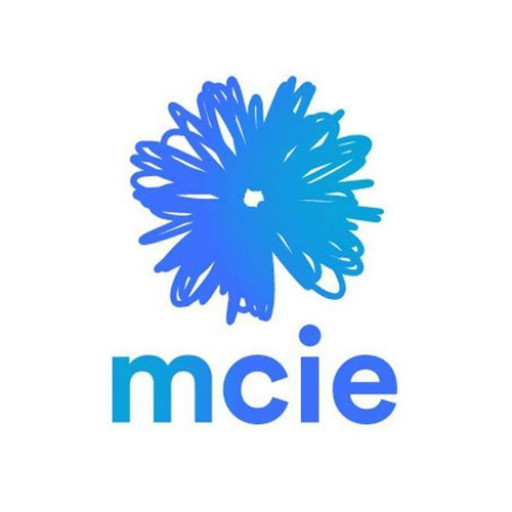This qualification reflects the use of commercial cooks who use a vast array of well-developed cookery knowledge and solid understanding of kitchen operations to organize food and menu items. Using discretion and conclusion, they utilize some independence and under limited supervision using policies, plans and procedures to direct work activities.This eligibility provides a path to work as a business cook in organisations such as restaurants, hotels, nightclubs, pubs, caf\u00e9s, and java shops.No occupational licensing, accreditation or special legislative requirements apply to the eligibility at the time of book.
The Commercial Cookery program offered by Australian Careers Education Pty Ltd is designed to provide students with comprehensive training and practical skills essential for a successful career in the hospitality and culinary industry. Throughout the course, students will develop a deep understanding of food preparation, cooking techniques, kitchen management, and food safety standards. Emphasizing hands-on learning, the program incorporates numerous practical sessions in commercial kitchens, enabling students to gain real-world experience in preparing a variety of dishes, including appetizers, main courses, and desserts, across multiple cuisines. The curriculum covers fundamental topics such as ingredient selection, knife skills, cooking methods (roasting, grilling, steaming, sautéing), and presentation techniques. Students will also learn about menu planning, cost control, and kitchen operations management to understand the operational aspects of running a busy commercial kitchen. The program places a strong emphasis on food safety and hygiene, ensuring students are well-versed in food handling regulations, sanitation practices, and workplace safety standards. Upon completion, graduates will be equipped with the skills required to work in diverse hospitality settings, from restaurants and hotels to catering and hospitality businesses. The course prepares students for entry-level positions such as chef de partie, line cook, or kitchen assistant, and provides a foundation for further culinary education and specialization. The program also integrates soft skills development, including teamwork, communication, and customer service, which are vital for thriving in the hospitality industry. Overall, this Commercial Cookery program aims to foster professional growth, enhance culinary creativity, and prepare students for a successful career in the dynamic and rewarding field of commercial cooking.
Program Requirements for Commercial Cookery Diploma:
To enroll in the Commercial Cookery diploma program, applicants are generally required to meet certain academic and language proficiency standards. Prospective students should possess a minimum educational qualification, typically a high school diploma or equivalent, to demonstrate foundational academic skills necessary for vocational training. Additionally, proficiency in English is essential; therefore, international students must provide evidence of English language competency, such as an IELTS score of at least 5.5 overall with no band less than 5.0, or an equivalent qualification recognized by the institution.
Applicants may also need to demonstrate relevant work experience or a strong interest in culinary arts, although this is often assessed on a case-by-case basis. Prior culinary experience is not always mandatory but can enhance an applicant's suitability for the program. The program may include a compulsory written application, personal statement, or interview process to evaluate the applicant’s commitment to a culinary career and their ability to complete the course successfully.
The program provides practical training, so students are expected to be physically capable of handling hands-on cooking activities, working in busy kitchen environments, and adhering to strict health and safety standards. As part of the curriculum, there are requirements for students to complete a specified number of hours of industrial placement or work-based learning, which helps develop real-world skills and industry connections.
Students should also comply with all health and safety regulations related to food handling and kitchen hygiene, which may include undertaking relevant certifications such as food safety supervisor training before or during their studies. Effective communication skills, teamwork, and attention to detail are essential attributes for success in this program.
Overall, program participants are expected to demonstrate a strong motivation to pursue a career in commercial cookery, a willingness to learn and adapt, and the ability to work under pressure. Meeting these requirements helps ensure that students are prepared to gain the most from the practical and theoretical components of the diploma, leading to successful employment in the hospitality and culinary industry.
The financing options for the Commercial Cookery program are designed to accommodate a diverse range of students’ financial circumstances. Students may be eligible to access government subsidised funding through the Australian Government’s Vocational Education and Training (VET) student funding scheme, which provides concessions or subsidies depending on their residency status and prior qualifications. For eligible Australian students, this can significantly reduce the cost of tuition, making vocational education more accessible. International students, on the other hand, generally need to pay full tuition fees, which vary depending on the institution and specific course offerings.
Additionally, students have the option to finance their studies through private payment plans arranged directly with the university or through external financial institutions. Many universities offer payment plans that allow students to spread the cost of tuition over several installments, making it easier to manage finances throughout the duration of the course. Students are encouraged to consult the institution’s financial services or student support offices to understand the specific terms and conditions of such payment plans, including any interest or fees that may apply.
Scholarships and grants may also be available to students pursuing the Commercial Cookery program. These financial aids are often offered based on academic merit, financial need, or other criteria such as community involvement or industry potential. Applicants should review the university’s scholarship opportunities and application procedures to determine their eligibility and to maximize their funding options.
For students seeking loans, the Australian Government's Higher Education Loan Program (HELP) typically does not apply to vocational courses like Commercial Cookery; instead, students might explore loans from private financial institutions or specialized vocational education lending programs. It is advisable to seek independent financial advice prior to committing to any loans.
Finally, students should consider part-time work opportunities often available in hospitality venues or through the university’s partnerships, which can provide supplementary income to help manage living and study costs. All prospective students are encouraged to thoroughly explore available financing options early in their application process to ensure they secure the necessary resources to successfully complete their studies.
Commercial Cookery is a nationally recognized qualification designed to prepare students for a career as a professional chef. This program provides comprehensive training in culinary skills, food safety, nutrition, kitchen operations, and menu planning, equipping graduates with the practical expertise needed for employment in a variety of hospitality settings including restaurants, hotels, cafes, and catering services. The curriculum typically includes both theory and hands-on practical components, enabling students to develop proficiency in preparing a wide range of dishes, understanding kitchen management, and delivering excellent customer service. Students also learn about the importance of hygiene standards, workplace safety, and communication within a team environment. Many programs incorporate work placement components, offering students real-world industry experience that enhances their employability upon graduation. The qualification often leads to certification as a Cert III in Commercial Cookery, recognized across Australia and valued by employers in the hospitality industry. In addition, this foundation can provide pathways to further training or advanced diplomas in culinary arts or hospitality management. The program caters to individuals passionate about cooking and hospitality, aiming to develop both technical skills and industry-ready professionalism. Interested students should check specific course details and entry requirements from the official provider, as they may vary between institutions.









